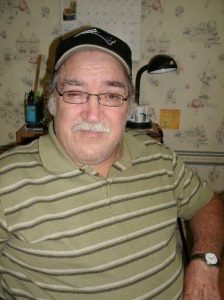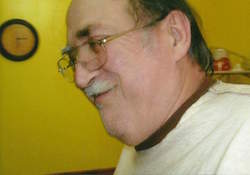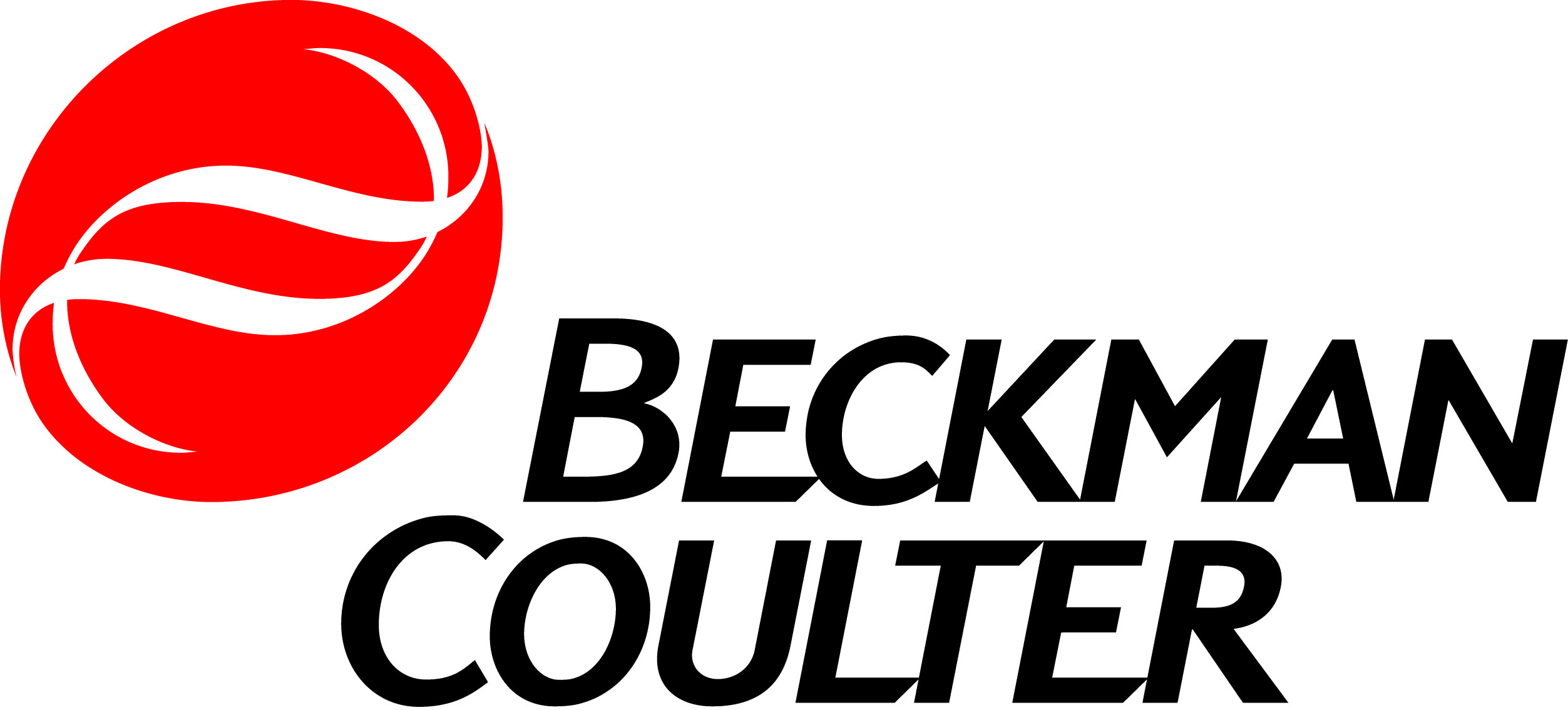Richard Gorton

This story is a tribute to my dad, my best friend, my hero, Richard C. Gorton. On September 27, 2014 he lost his battle with sepsis at the age of 67.
My dad was no stranger to a battle. He survived a quintuple bypass in 1995 and beat stage 4 colon cancer in 1997. Through the years he battled diabetes, heart disease, and kidney disease. He started hemodialysis in 2013. His will to live and love for his family was much stronger than any diagnosis.
In December of 2013 he underwent a right above the knee amputation (AKA) due to an infection in his toe that had spread to the bone, caused by a small blister that a podiatrist debrided a few months prior. We were told due to his peripheral vascular disease the AKA was necessary to ensure the healing process. (Sepsis and Amputations) It was a very difficult decision for him to make, but again with his will to live and love for his family he made the sacrifice. He came home 4 days after surgery and was walking within the month. I watched with such pride and admiration as he overcame each obstacle he was given, with courage, strength, and perseverance.
In July of 2014 he developed an open wound on this left foot that would not heal due to his peripheral vascular disease. During that time he was being seen weekly by specialists and given antibiotics to try to prevent infection. On September 15, 2014 following a doctor’s appointment, he was admitted to the hospital for a suspected infection in the wound. We were told that the infection was isolated to his foot, but the only option would be a left above the knee amputation to ensure the healing process. Words we knew all too well. After much family discussion and many tears, we were all in agreement. He was ready to put this infection behind him and move on with his life courageously accepting the new normalcy he would be facing as a double amputee. Throughout his life he showed us he was never defined by his conditions or limitations and he was determined this was not going to be any different.
On September 18, 2014, the surgery was performed. He stayed in ICU overnight for observation and was moved to the step down unit the following morning.
On September 19, 2014, he happily waived goodbye to the ICU staff and thanked them for taking care of him, then settled into his new room. He was in very good spirits and ready to come home. He complained of slight discomfort from the surgery, but appeared to be doing well. (Sepsis and Surgery)
On September 20, 2014, my dad started complaining about having diarrhea. We spoke with the nurse and were told that was normal after surgery. We chatted with my dad throughout the day and he was as eager to get home.
On September 21, 2014, my dad told us that he had been having hallucinations and described them to us vividly. He also told us he felt more tired than usual. Again, we spoke with the nurse and she said that was normal as well because of the pain medication he was on and that “it would pass.” We had our usual conversations, watched TV, even spoke with the discharge planner. We were told his discharge home was arranged for September 23rd. We were all very happy to hear that. Finally, we were all ready to get back to life outside of the hospital. He was so happy, we were so happy.
On the afternoon of September 22, 2014, my dad was very hard to awaken. I shouted at him and he barely opened his eyes just long enough to say “I’m fine.” I called for the nurse and she said it was normal for him to be tired after surgery and that he was “fine all day, just sleepy.” We were not accepting of this and insisted a doctor come in. The doctor assessed him and he said,” he seems to be fine just tired and maybe depressed.” We were insistent this was not normal and were told that since we were so concerned they would put him in ICU just for overnight observation. I did not know that would be the very last time my dad would ever be able to speak to me.
After spending the night in ICU, the doctors still did not know what was wrong. The following morning, Tuesday, September 23, 2014 his blood pressure suddenly dropped and they had to rush to intubate him. He was on a ventilator, but taking some breaths on his own. Ten IV bags with fluids and antibiotics hung at his bedside. He began running high fevers throughout the day and night. We were told by the ICU doctor he possibly had pneumonia and a UTI, which was never confirmed.
On September 24, 2014 we still had no new answers. My dad was not awake and had not made any improvements. His doctors were changing medications and doing tests throughout the next 2 days. We asked over and over again what he had and what was going on. Our only response was that they were “treating his symptoms.”
On September 26, 2014 I asked the overnight ICU nurse why he did not seem to be responding to all this treatment. She said they were, “treating his SEPSIS using the same protocols used all over the state and doing the best they could.” That was the first time the word sepsis was used. It seems no one wanted to tell us this. I know even though my dad was not awake, he was trying to fight this thing with every beat of his heart. We frantically researched “sepsis” in hopes of finding something that could help him, but it was too late, his organs began to fail and he was no longer breathing on his own. The window to catch and treat sepsis symptoms before a patient goes into shock is hours.
On September 27, 2014 at 3:54 pm my dad’s heart stopped beating, with us by his side. We will never know, had the symptoms my dad had 3 days prior to being admitted to ICU been recognized as sepsis, if the outcome could have been different. Maybe, just maybe it would have. My mother, sister, and I will now never know.
My da d was our life and our world. He leaves a legacy of courage, strength and love. He is missed every moment of every day. My hope is for people to learn the signs of sepsis. The earlier it is detected, the better the survival chances are. These victims deserve to be given the fighting chance to beat this. The only way that can happen is for people to know the risk factors and recognize the warning signs. I wish I had known.
d was our life and our world. He leaves a legacy of courage, strength and love. He is missed every moment of every day. My hope is for people to learn the signs of sepsis. The earlier it is detected, the better the survival chances are. These victims deserve to be given the fighting chance to beat this. The only way that can happen is for people to know the risk factors and recognize the warning signs. I wish I had known.
Richard Gorton is a Face of Sepsis, but before that, he was a husband, a father, a brother, an uncle, a friend, and my hero. He is loved and missed more than words.
Source: by Stacey Gorton (Richard's daughter)


























